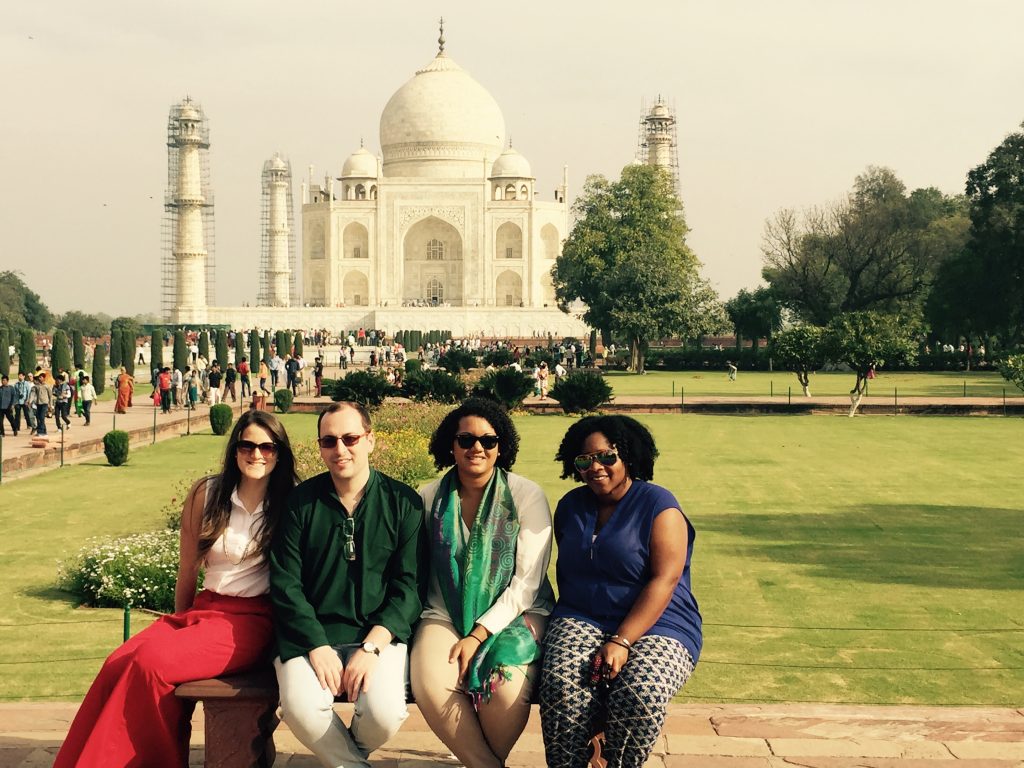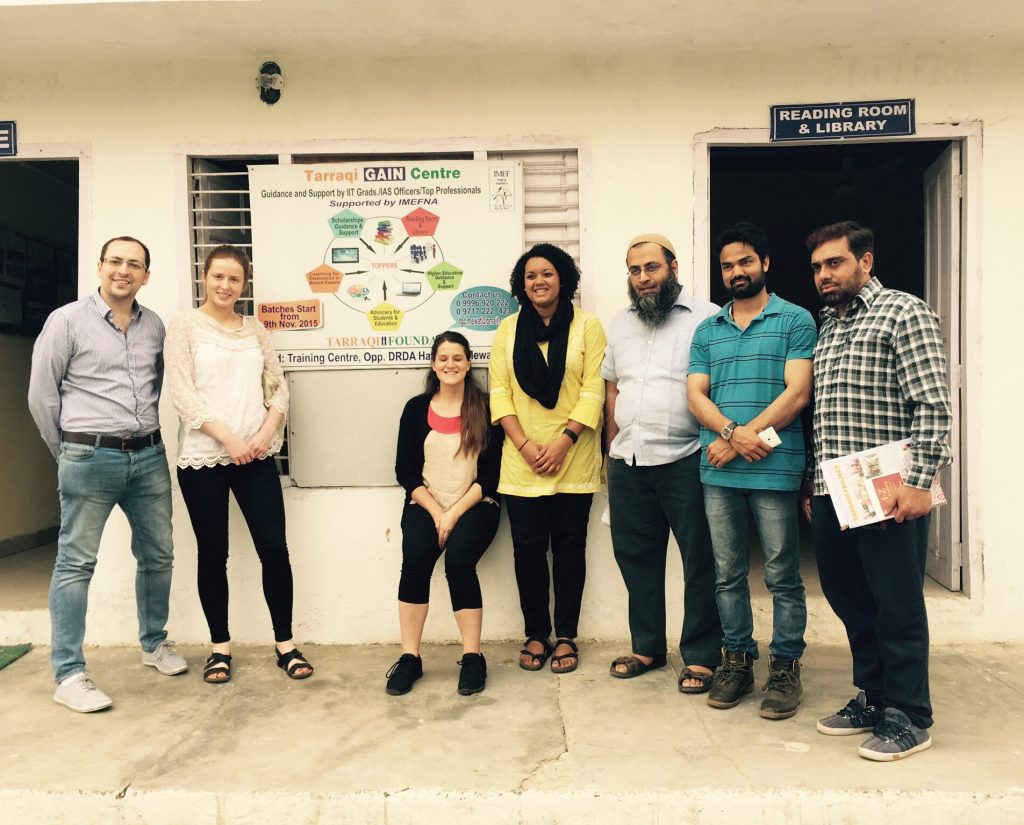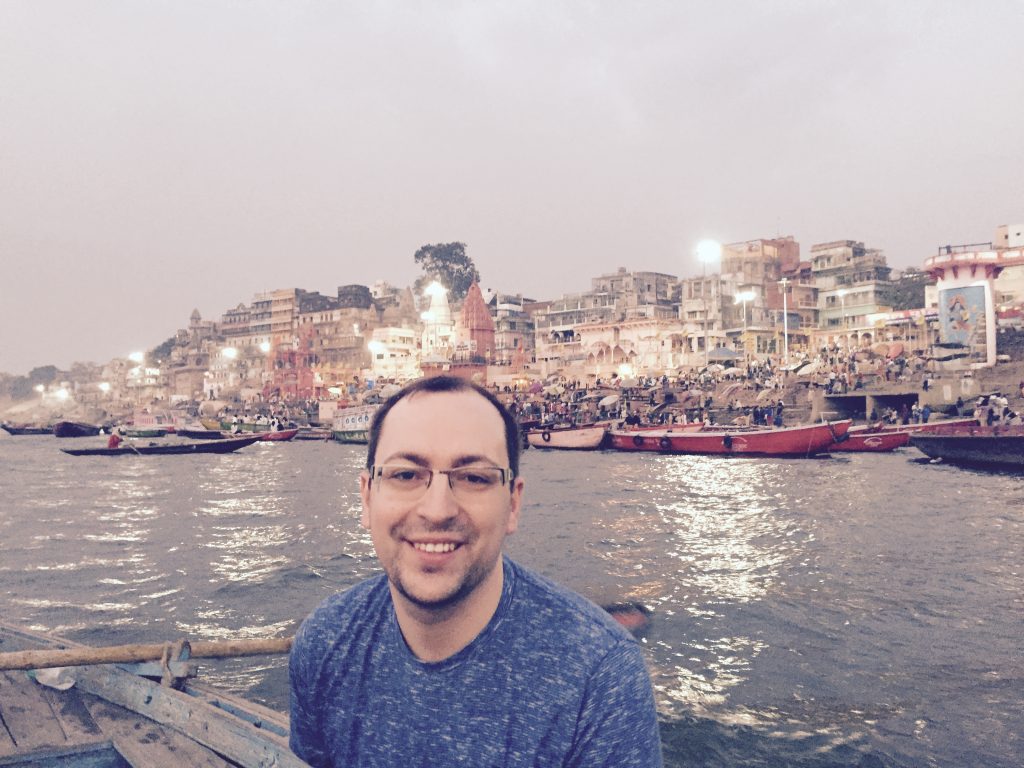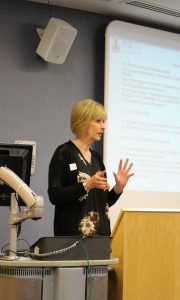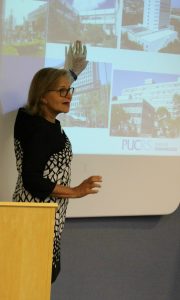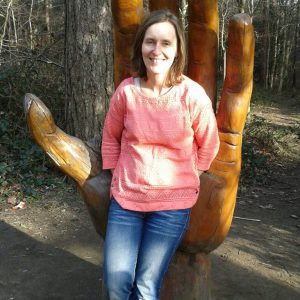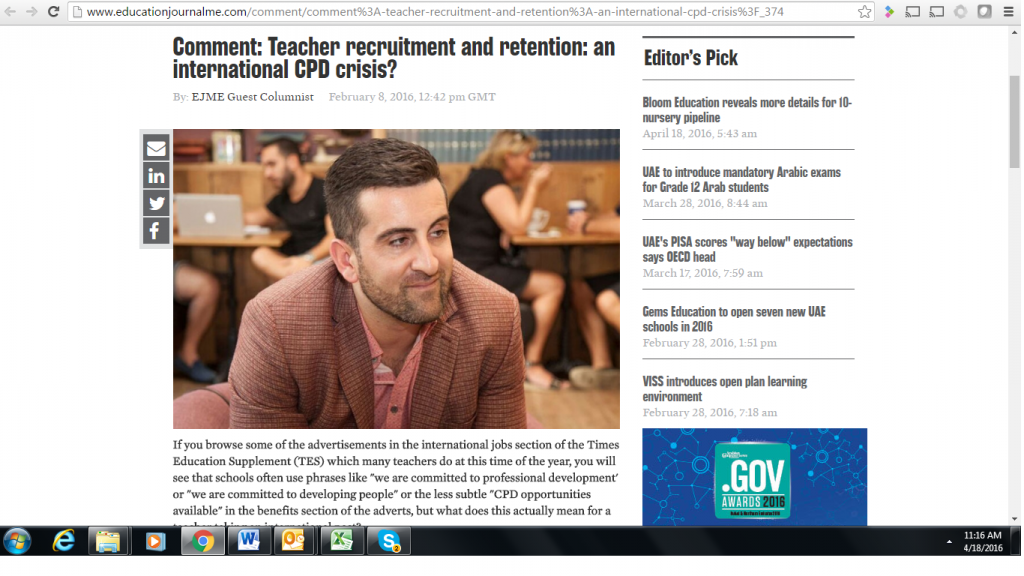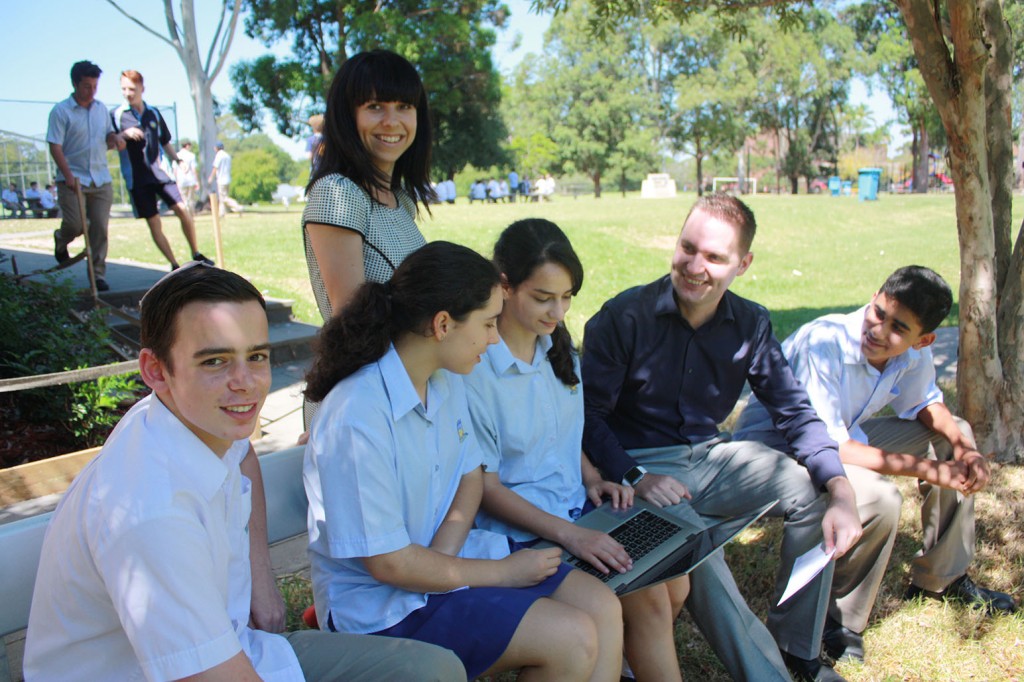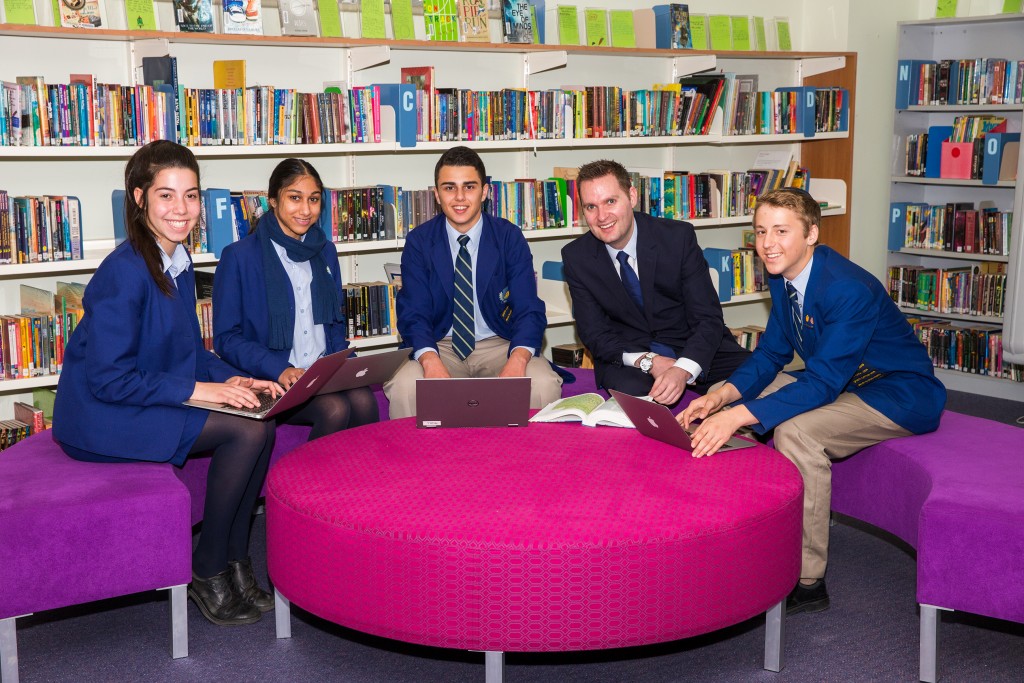“Staff in Education value diversity, excellence and education. We aspire to national and international recognition as a centre of excellence in research, teaching and engagement, and we believe that these facets of our work are interdependent”.
ECLS Education in 2020: Developing an inclusive sense of diversity
Inclusion of students and staff from different backgrounds can be, and is, a synonym of quality in education. During the 2016-17 academic year, I have been involved in a Newcastle University Learning Teaching and Student Experience funded project, whose purpose was to promote internationalization, diversity and academic excellence through an extended induction programme focussing on expectations, inclusion, assessment and academic writing.
Dr Anna Reid and Newcastle Work Experience arranged my involvement in the project as a student researcher. To this end, I worked with Dr Reid to co-ordinate the data collection, analysis and findings from four different workshops, and prepare a poster for the Newcastle University Learning and Teaching conference in March 2017. Extended induction workshops were designed and delivered to students on the MA (Education) International Perspectives programme from October to December 2016.
In this blog post, I will reflect upon my learning experiences and how they have contributed to the development of the graduate skills expected as part of my doctorate in Education: Newcastle University Graduate Skills Framework (2017), Degree Programme Handbook of the Doctorate in Education (2015/16), Framework for Higher Education Qualification (FHEQ) (2014).
One set of skills that can be placed together, are those related to research per se. In the development of the workshops, one of my responsibilities was to take field notes as part of the data collection process. Understanding the adequacy of the data collection instruments for this research is in line with the training I received in research methodologies modules at the School of Education, Communication and Language Sciences. Working as a student researcher shifted the focus from merely presenting those methodologies, to critically addressing the strengths and weaknesses of each one, providing me with an excellent set of skills for future research.
Through the analysis and synthesis of the data, I had the opportunity to investigate the different threads that ran through the development of the project, enabling a more precise view on the impact of the research. The analysis allowed me to critically review the data collected through the different instruments, leading to the production of reasoned and logical arguments, which conveyed the understanding of the topic at hand, enabling me to disseminate the research clearly. For me, the Learning and Teaching conference at Newcastle University was good opportunity to develop communication skills where research and ideas were clearly and effectively shared amongst an academic and practitioner audience.
It seems easy to point out the obvious skills gained through this project, but there were other opportunities. There are skills such as innovation and creativity, initiative, goal setting and action planning that can be acquired in many situations. Instead, in this singular project, there was one aspect I developed through the observation and implication of the project leader. Sometimes it is not about the student’s will to learn, but about the will of the educator to teach. In this case, the project leader reacted to students’ feedback and my own feedback from the notes taken in the workshops. In terms of gaining skills for a future career in the academic world, one of the most valuable lessons I have learnt is to listen. The mentoring of this project made me aware of the importance of personal skills.
In relation to my own research, I will ensure that the language used is appropriate for my audience. This implies that the audience must be identified beforehand in order to ensure my text is fit for purpose. Secondly, I have witnessed the positive impact that comes from using quantitative data collection combined with qualitative methods, especially if the latter aims are explaining and corroborating the former. Finally, I have learned the importance of oral communication, especially when there are time restrictions and visual aids are limited. This bodes well for my viva examination!
Noelia Cacheiro Quintas is preparing her doctorate in Education (EdD) here at Newcastle. In this blog post, she discusses different aspects of her role as researcher on an ULTSEC funded project designed to extend the induction period for full-time postgraduate international students.

